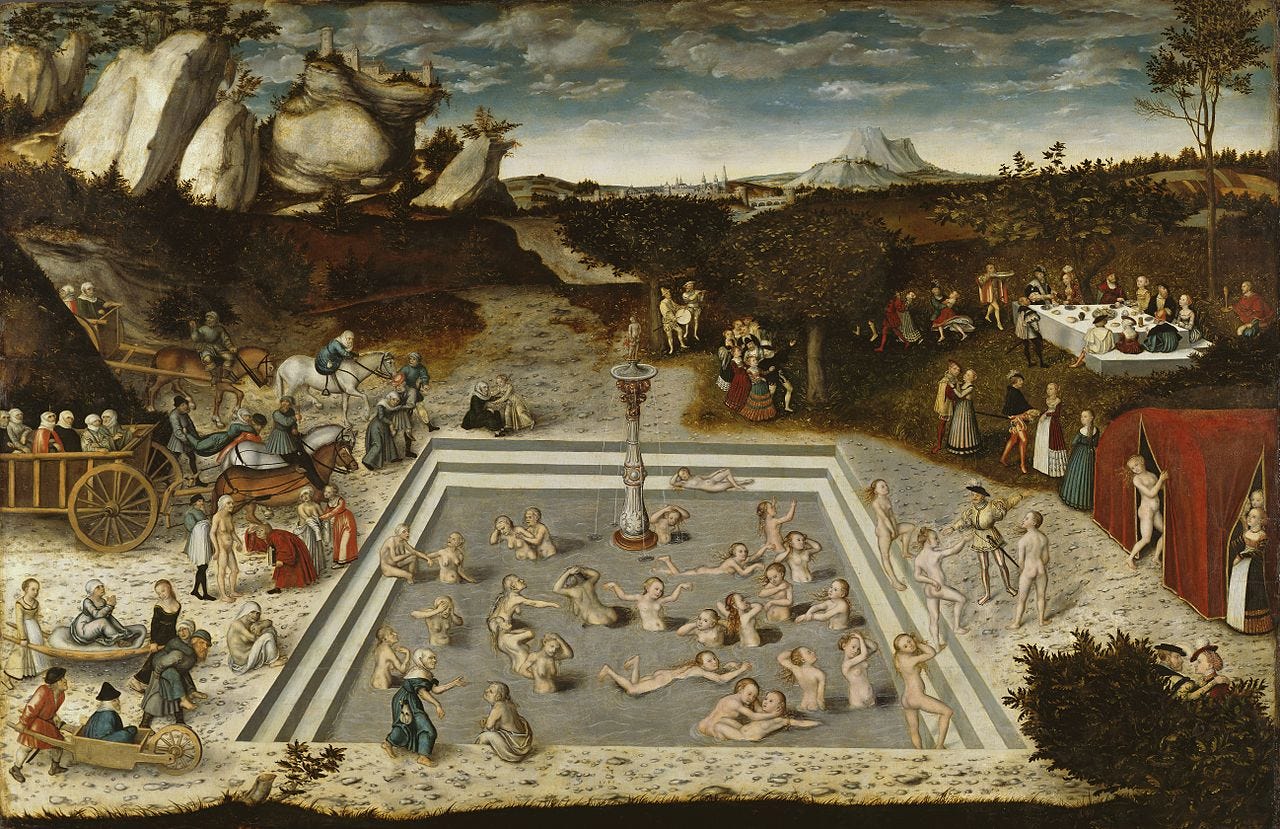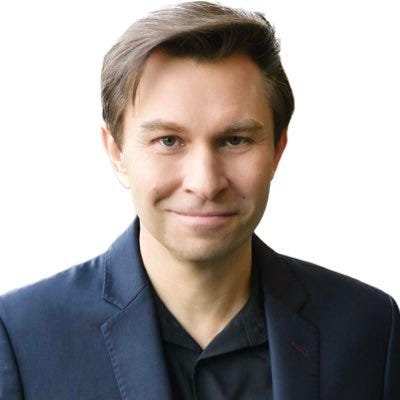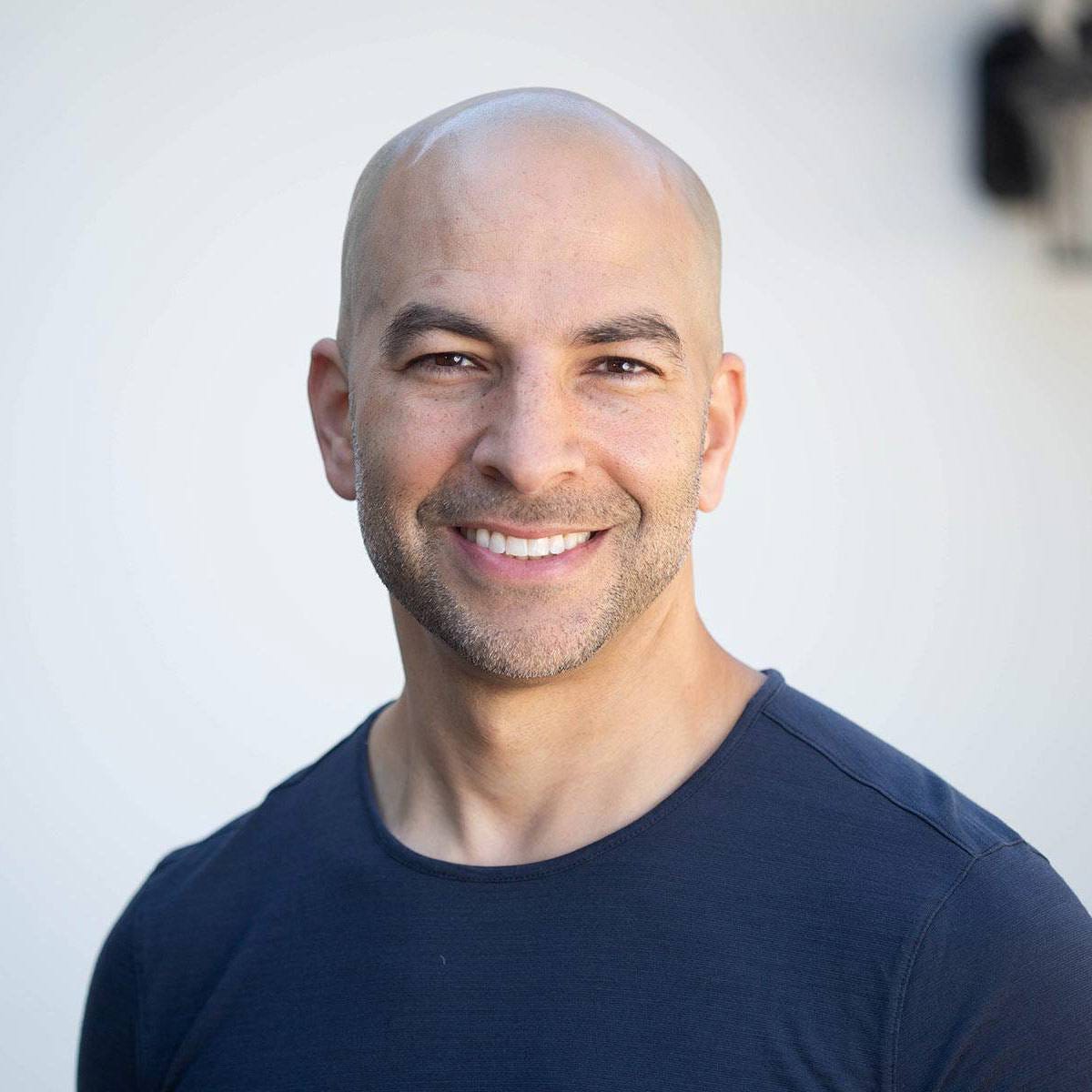
While tales of fountains of youth date to antiquity, longevity as a personal, scientific, and business pursuit seems to be having a moment now in the early 2020s:
Amazon is awash with longevity books, Spotify’s podcast catalog includes titles like Longevity by Design and Live Long and Master Aging, and longevity influencers are interviewed on talk shows.
Harvard scientists muse about whether the first person to live to 150 has already been born (although birthing a bicentennial human may take a bit longer).
Financing for the longevity space was up 10x ($500m to $5.2bn) from 2013 to 2022, and Sam Altman (of OpenAI fame) recently invested $180m into a biotech company working to add 10 years to healthy human lifespan.
While it still early days for the longevity space (the fountain of youth in pill form remains unavailable unfortunately), it is an exciting time to stay up to date on (a) what we can do to increase our healthspan and lifespan now and (b) what the future may hold. With that in mind, I wanted to share some thoughts on three longevity influencers I’ve learned from over the past couple of years:
Dr. David Sinclair “The Face of Longevity”

Sinclair’s Lifespan book (2019) and podcast (2022) helped to bring the topic of longevity from the biohacking crowd to the mainstream. The podcast (which covers diet, exercise, supplements & drugs, medical interventions, aesthetics, etc.) is an excellent entry point for people new to the longevity space.
What is the biggest risk factor for the chronic diseases (cancer, heart disease, Alzheimers, etc.) that kill most of us? Please do think about this before reading on! Before Sinclair, I would have likely answered obesity, smoking, or another lifestyle-related factor. Sinclair however makes makes the point that “aging is … the risk factor. Truly, by comparison, little else matters” (Lifespan, page 79). This is exciting (and was a paradigm shift for me) because it follows that breakthroughs in longevity medicine should help us to address the “downstream of aging” chronic diseases as well. Framed this way, it seems like a worthwhile investment to devote more resources to aging research (a 2020 article reported that the US National Institutes of Health spent less than 1% of its annual budget on aging - hopefully the share has increased since then!).
Sinclair is a giant in the longevity field with strong scientific credentials and a position as Co-Director of the Center for Biology of Aging Research at Harvard Medical School. That said, other very smart people disagree with him in various areas, so (as always) please do your own research before following his (or other experts’) recommendations. Again, it’s still early days in the longevity field!
Bryan Johnson “The Biohacking King”

Johnson is worth ~$400m (he founded Braintree, which acquired Venmo and was then sold to PayPal for $800m) and spends ~$2m per year on age reversal (with longevity physician Oliver Zolman leading the effort). On his website, Johnson shares his detailed protocols for nutrition (his “nutty pudding” and “super veggie” recipes are legit tasty IMO), supplements, sleep, fitness, skincare etc. as well as actual data on the function / age of pretty much every part of his body (including photos of his digestive tract taken by a baby carrot sized camera that he swallowed). Johnson is the current leader of the Rejuvenation Olympics and mentions on his website that he has reversed his epigenetic age by more than 5 years.
As you will see on Johnson’s website, interviews with him (this one with Piers Morgan is good!), and his (NSFW alert!) Instagram, he’s eccentric. Please don’t let that distract you too much from the contribution he is making to the longevity field by turning himself into a human lab rat and sharing his approaches and learnings with all of us (I personally wish more people would do the same). Most of us wouldn’t want to follow Johnson’s strict lifestyle and constant diagnostic probing (even if they could afford it), but there is a lot in his regimen that the average person (like me) can learn from and apply. You do you Bryan!
Dr. Peter Attia “The Longevity Doctor Next Door”

If Johnson approaches health & longevity (to some degree) as a goal in itself, Attia seems to view it more as a means to the end of supporting other areas of life. Attia is a Stanford and Johns Hopkins trained physician with extensive health content on his website, a podcast, and a newly released book (I’m currently listening to the audio version read by Attia and it’s a banger).
My impression of Attia (including via this recent gem of an episode with Tim Ferris) is that he is:
Someone with deep clinical knowledge of health from years of working as a doctor with actual human patients (rather than only as a researcher or individual biohacker).
More than the other two gurus, an advocate of exercise (maintaining strength and aerobic capacity) as perhaps “the most potent ‘drug’ we have for extending the quality and perhaps quantity of our years of life”.
Someone with tremendous willpower (he has spent a lot of time fasting in the past, although I’m not sure what his current regime is).
A down to earth guy who enjoys having a balanced life (from the Tim Ferris podcast it seems like he still drinks alcohol from time to time and is willing to sacrifice his sleep once in a while to stay up late with good friends!).
Wrapping Up
If you’re brand new to the longevity space, hopefully this has been a helpful introduction to three relevant influencers. Exploring some of the links above is a good way to learn more.
If you’ve already been looking at the longevity space for some time, I would be interested to know who you follow (whether the gentlemen above or others). Please let me know!



Excellent comparison of the three most visible longevity gurus in our culture. For me it's Peter Attia. You rightly point out "Attia seems to view it [longevity] more as a means to the end of supporting other areas of life". The guy is focused on the goal of being fit enough to toss his grand kids into the air! What more could most of wish for than a lucid, energetic engagement with those we love, for as long as possible. Next to this, the other two and most of their brethren just come as self-fish man-children who want to hang onto they're youth and try to make money selling it to others. Yes, they're all about being healthier longer which is a good thing, but having a _reason_ to live longer, isn't that what we should all be searching for? Keep up the great writing.
For Youth approves of this message 😉